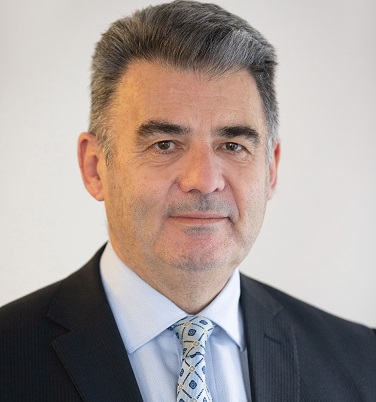When it comes to wealth generation and retirement planning, utilization of superannuation should always be at the top of your priorities. This is because superannuation funds are tax advantaged structures. They are, in effect, government sanctioned tax havens. For individuals and families looking to take greater control of their superannuation, self-managed super funds (SMSF) are the best avenue to do so. You can, for example, acquire residential investment property – something you cannot do under a traditional industry super fund.
SMSFs are similar to regular funds in the sense that as a member of a fund, you are entitled to benefit from the fund. Where they differ, however, is that with a SMSF trust deed, you or a company you control, is the trustee of the fund (the person or entity that holds the legal title to the fund property). This gives you a level of control you do not have with a typical super fund.
Whilst SMSFs do give you a greater level of control over your retirement funds, SMSF trust deeds are subject to significant and complex regulation, and harsh penalties for fund trustees that fail to comply with these regulations. It is for this reason why it is so important that you get it right when both establishing your SMSF, and undertaking new investments within your fund, by consulting with an expert in SMSFs. Professionals like PGG Legal offer a comprehensive suite of SMSF products, such as SMSF deeds, limited recourse borrowing arrangements, and 13.22 c unit trusts that can be designed specifically for your circumstances to help you achieve your goals.
If you need an experienced Sydney trust lawyer who specializes in both SMSF trust deeds and unit trusts, contact Peter Gell of PG Legal in Sydney for an initial consultation. Peter and his team have years of experience working in the general area of Revenue Law and can help distill the simple from the complexities of navigating complex legal landscapes.


